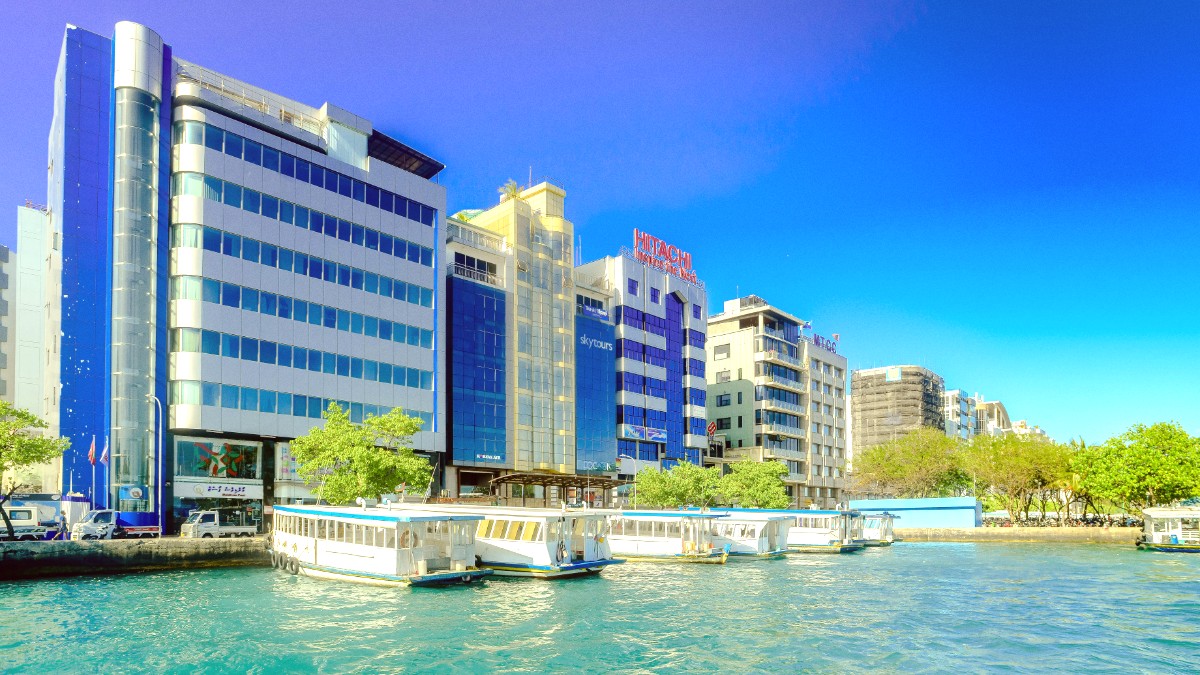
Maldives
Respect regulations in marine protected areas (MPAs). Do not touch or disturb marine life.
Minimize waste, especially single-use plastics. Dispose of trash in designated bins.
Freshwater is precious. Be mindful of your water usage during showers and other activities.
Your trip can promote environmental health in the Maldives.
Reduce your environmental footprint by making conscious choices.
Select accommodations and operators committed to sustainability.
The coral reefs are fragile and require careful interaction.
Offset the environmental footprint of your air travel.
Many local islands engage in waste reduction and environmental protection efforts.
Consider supporting conservation organizations like The Rainforest Site (GreaterGood).
Engage respectfully with local customs and traditions.
Support local culture by purchasing authentic Maldivian handicrafts.
Engage politely with locals to ensure positive experiences.
Exercise caution and respect privacy when taking photos.
Observe proper conduct when visiting mosques or other religious sites.
Beyond observation, seek to understand and engage with Maldivian culture.
Explore Malé's Fish Market and Local Market for a taste of daily life.
If visiting during a festival, observe and respectfully join public celebrations.
Cultural sensitivity creates a positive atmosphere for both visitors and local communities.
Ensure your visit contributes positively to local communities.
Direct support for local enterprises strengthens the Maldivian economy.
Choose souvenirs that empower local artisans and preserve traditions.
Be discerning to ensure your activities do not support exploitation.
Support initiatives that directly benefit Maldivian communities.
Make thoughtful choices when purchasing mementos from your trip.
Choose items made locally, like lacquer work, woven mats, or wooden miniatures.
Refrain from buying goods from illegal trade, especially those made from protected marine species.
Negotiate respectfully if appropriate, but appreciate the artisan's skill and effort.
Do not buy souvenirs made from coral, turtle shells, or certain types of shells to avoid contributing to illegal trade and environmental damage.
Choosing responsibly supports the local economy and preserves the Maldives' natural and cultural heritage.